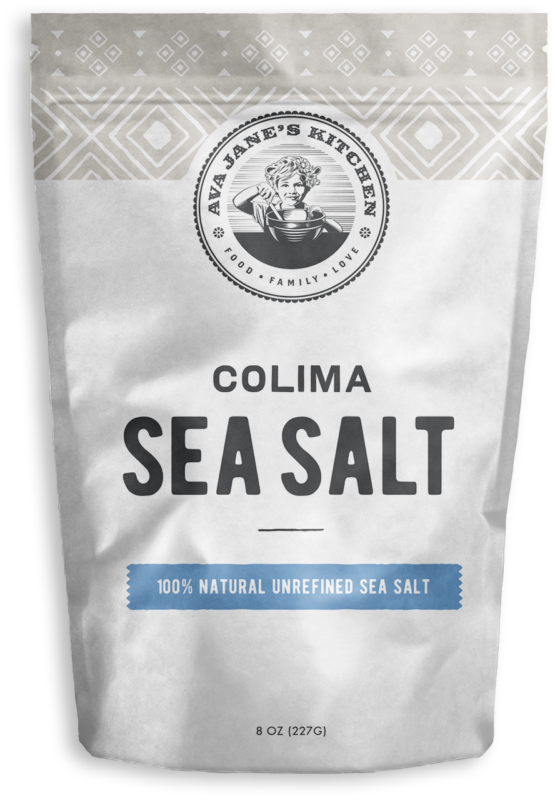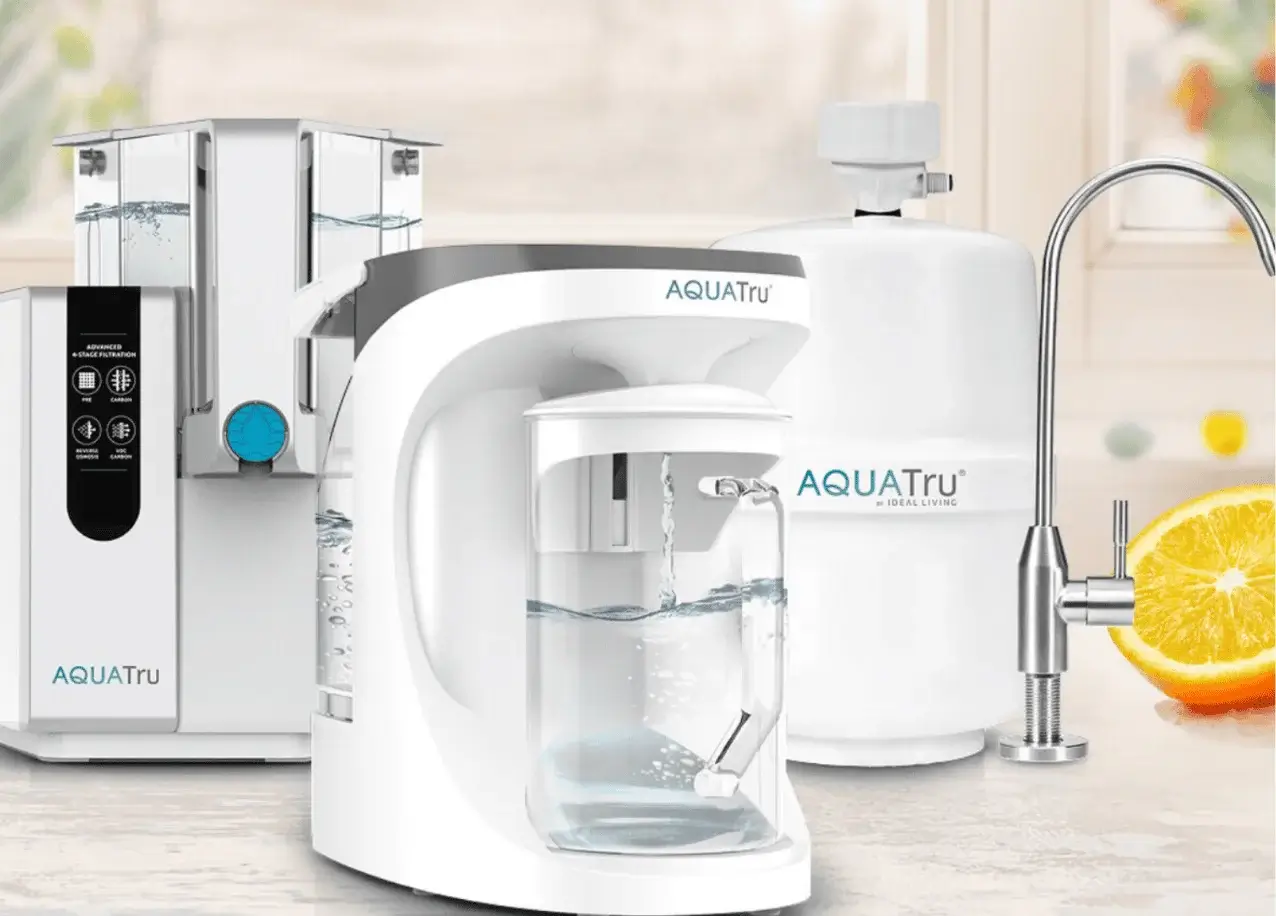For almost 50 years, we’ve been told by doctors, health agencies, and experts that eating salt is bad for your heart and we should all lower our sodium intake. But is it true? Are there are DANGERS to a low-sodium diet?
The latest research now shows that eating too little salt may actually put you at greater risk of heart problems! We know it may surprise you to learn that these low-sodium diet recommendations are not supported by strong science.
Table of Contents
Is Less Salt Actually Good For You?
Right now, the average American consumes about 3,400mg of salt daily. However, multiple health authorities say this intake needs to be lower.
The USDA suggests 2,300 mg/day, (1) which is about one teaspoon. The American Heart Association (AHA) proposes an even lower number: 1,500mg/day (2). The CDC argues that if only all Americans ate 400mg (3) less salt, it would prevent thousands of heart attacks and strokes.
The problem, however, is that these recommendations are not supported by strong science. In fact, Scientific American (4), Harvard (5), and even one of the original, leading cardiologists who campaigned for “eat-less-salt” has come out to say that the data is “inconclusive, contradictory and inconsistent”! (6)
Scientific American outright says: “The zealous drive by politicians to limit our salt intake has little basis in science (7)” The Journal of the American Medical Association (JAMA) accuses them of exaggerating the facts. (8)
But what led to this controversy in the first place?
SPECIAL PRICE JUST FOR NATURAL LIVING FAMILY READERS!
Our Natural Living Family “Group Buy” will give you the chance to try a half-pound for FREE! Go HERE to get yours TODAY!
The Truth Behind Low-Sodium Diet Science
Back in 1972, the National Institute of Health introduced the “National High Blood Pressure Education Program” to help lower hypertension in America. But they had a serious problem. They had little to no research.
The recommendation to “eat less salt” is based on two studies using very thin science. One of them looked at a group of people who ate very little salt and had virtually no hypertension. This sounds good, but these people also didn’t eat a lot of other things. Like sugar, for instance. So it didn’t prove anything.
The other study was done in an animal lab. Rats were fed a lot of salt and got hypertension. The catch? The scientists gave the rats sixty times the amount of salt any normal human would ever eat. That’s TWO CUPS of salt every single day!
And for the last half-century… there’s been little scientific proof to back up the “eat-less-salt” camp. They kept trying though. In one recent study done in 2001 with 461 participants, they found that eating significantly less salt would modestly lower blood pressure, but they couldn’t prove it would actually prevent hypertension, heart disease, or lengthen life. (9)
What The Latest Science on Salt Shows
Not surprisingly, the latest research disproves the “eat-less-salt” science, and in fact, study after study is now saying… “eating less salt is more harmful to your heart”.
- A European study with 3681 participants done over eight years showed that while blood pressure changed, it did not translate to a higher risk of hypertension or CVD complications. But lower sodium intake was associated with higher CVD mortality. (10)
- Another Canadian one with 29,000 participants showed too little salt meant an increased risk of cardiovascular mortality (death) and hospitalization for CHF (heart failure) (11)
- The Albert Einstein College of Medicine looked at 8,699 US adults ages 30 and above over a six-year period. Their conclusion? Higher salt intake is unlikely to be independently associated with higher CVD or all-cause mortality. (12)
- A Dutch Study of 2630 participants over five years found no consistent association of urinary sodium and potassium with CVD events or mortality. (13)
- New England Journal of Medicine released a study involving 102,216 adults from 18 countries. It showed a nonlinear association of sodium and potassium excretion with blood pressure… unless you already eat a lot of salt, have hypertension or you’re older. (14)
What’s interesting here is that these studies have thousands of participants observed over years of research… compared to the “eat-less-salt” research. That’s science you can count on.
SPECIAL PRICE JUST FOR NATURAL LIVING FAMILY READERS!
Our Natural Living Family “Group Buy” will give you the chance to try a half-pound for FREE! Go HERE to get yours TODAY!
How Much Salt Should You Eat?
But the question still remains — should you eat more salt… or less? As with anything in life, moderation is key.
One New England Journal of Medicine study found that anything between 3,000 and 6,000mg per day (15) was where Goldilocks would say, “just right”. Too much, and you increase blood pressure. Too little, and you run the risk of cardiovascular disease (CVD) and congestive heart failure (CHF).
But why would too little salt cause heart problems? The truth is — Our bodies NEED salt. Our body can’t make it by itself and we need salt for a lot of reasons, like…
- Keeping the fluids in our body balanced…
- Make sure our heart contracts normally…
- Keep our stomach acid at the right levels…
There’s a reason why we’ve eaten salt for thousands of years and it was used as money at one point. There’s a reason why we put patients on an IV saline solution when they can’t drink fluids. (Our blood is 0.9% salt). There’s a reason why it’s in our genetic makeup to crave salt.
Because we need it!
But with all that said, it’s important to note…
SPECIAL PRICE JUST FOR NATURAL LIVING FAMILY READERS!
Our Natural Living Family “Group Buy” will give you the chance to try a half-pound for FREE! Go HERE to get yours TODAY!
Not All Salt is Made Equal!
Table salt (the kind you buy at the grocery store) is the most problematic. First of all, table salt is “refined”. What that means is the salt is stripped of all its natural minerals. Minerals like magnesium, potassium, and calcium. These are minerals our bodies need.
Natural salt also has “trace minerals”… that’s minerals like iron, copper, and manganese. These are also minerals we need for different functions inside our bodies.
Next, you may notice how easily table salt pours. It’s like grains of sand on a beach. That’s because the manufacturer has added anti-caking agents to the salt. This prevents the salt from “caking” or sticking to each other… which is what salt naturally does!
So in short, table salt is stripped of its minerals and an anti-caking agent is added. But that doesn’t mean kosher and sea-salt gets a free pass. In most cases, kosher and sea-salt found in stores are processed in the same way.
The key to healthy living is to put good, natural ingredients inside your body. That means looking for salt that’s naturally harvested and not processed. You want unrefined salt with its minerals intact. We strongly recommend Colima Sea Salt.
Colima Sea Salt is organic sea salt from the Cuyutlán Lagoon saltpans of Colima, Mexico. The salineros (salt farmers) hand harvest the salt just as their ancestors did over 500 years ago. In fact, these are the same saltpans the Aztecs used. This is how salt was meant to be made… before industrialization.
NLF “Group Buy” (Bag of Salt for FREE)
As part of our partnership with Colima Sea Salt, we are offering you your first half-pound of nutrient-rich, flavor-filled salt for FREE as part of the Natural Living Family “Group Buy” special.
Free from microplastics, anti-caking agents, and rich in trace minerals this is the best sea salt on the market!
References:
- https://www.dietaryguidelines.gov/sites/default/files/2020-12/Dietary_Guidelines_for_Americans_2020-2025.pdf
- https://www.heart.org/en/healthy-living/healthy-eating/eat-smart/sodium/sodium-and-salt
- https://www.cdc.gov/salt/
- https://www.scientificamerican.com/article/its-time-to-end-the-war-on-salt/
- https://www.health.harvard.edu/blog/sodium-studies-blur-picture-heart-healthy-201408157366
- https://www.nytimes.com/2012/06/03/opinion/sunday/we-only-think-we-know-the-truth-about-salt.html
- https://www.scientificamerican.com/article/its-time-to-end-the-war-on-salt/
- https://www.nytimes.com/2012/06/03/opinion/sunday/we-only-think-we-know-the-truth-about-salt.html
- http://www.nejm.org/doi/full/10.1056/NEJM200101043440101
- https://jamanetwork.com/journals/jama/fullarticle/899663
- https://jamanetwork.com/journals/jama/fullarticle/1105553
- https://www.ncbi.nlm.nih.gov/pmc/articles/PMC2518033/
- https://link.springer.com/article/10.1007/s10654-007-9186-2
- https://www.nejm.org/doi/full/10.1056/NEJMoa1311989
- https://www.nejm.org/doi/full/10.1056/NEJMoa1311889










